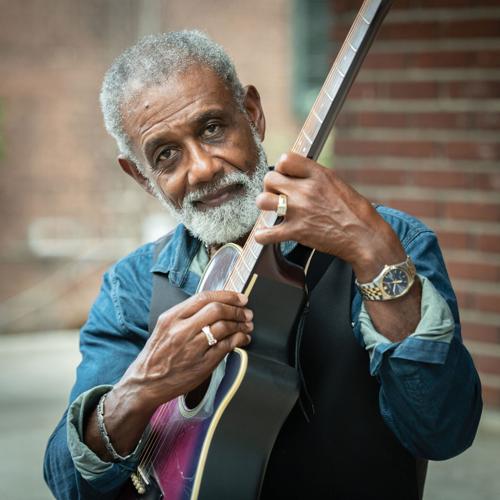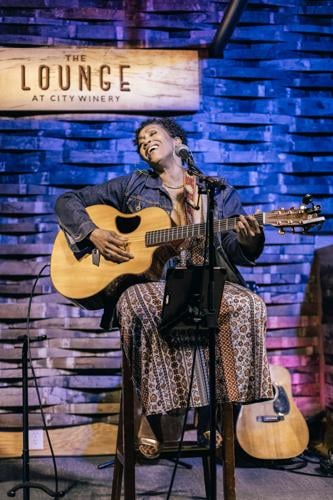
Cleve Francis
Though there has been Black participation, involvement and advocacy for country music since before it was called “country music,” for decades a perception lingered that country was almost exclusively a white idiom, both in terms of performers and audience. The Country Music Hall of Fame and the Country Music Foundation countered that notion back in 1998 with the initial edition of the landmark box set From Where I Stand: The Black Experience in Country Music. It combined impressive historical scope with meticulous contemporary overview, spotlighting both the greats and many previously ignored and/or unfairly obscure performers.
Subsequent developments that have seen more Black country artists come to prominence provided the impetus for a newly expanded version of From Where I Stand. This banner reissue, compiled by Michael Gray, adds a fourth disc with 22 selections showcasing the contemporary Black country perspective. There are also fresh essays from performers and advocates Rissi Palmer and Rhiannon Giddens that supplement the first set’s contributions from various critics and historians (including this author). That fourth disc, subtitled Reclaiming the Heritage, mixes selections from established hitmakers like Darius Rucker and Kane Brown with performances from superb artists better known outside country like Mavis Staples and Keb’ Mo’. There are also numbers from rising stars — both industry veterans and those newly ascendant — such as Valerie June, Wendy Moten, Mickey Guyton, Miko Marks, Brittney Spencer, Allison Russell, The War and Treaty and Palmer herself.
One of the first edition’s featured artists was trailblazer Cleve Francis. He put a medical career on hold to pursue country, but later returned to it after struggling for years to get a foothold in the country industry. Francis was once signed to Liberty Records — also home to then-rising star Garth Brooks — and his single “Love Light” is a highlight of the compilation’s third disc. He’s thrilled to see the update.
“I think that this CD answers the question as to how far back one can go to hear Blacks singing country music,” Francis says. “Answer: all the way to the beginning of the genre. It is my hope that this will educate both Black and white fans. I also hope that this will be taken up as an academic topic in music departments around the country and the world as the history of country music is being taught.”

Rissi Palmer at City Winery, 5/18/2023
Palmer, who’s also the host of the Apple Radio program Color Me Country and a contributor to CMT’s weekend Hot 20 Countdown show, has her signature song “Country Girl” on the fourth disc.
“I think that for so long, Black artists in this genre felt like they needed to create heroes and idols, because they don’t feel represented,” Palmer says. “This album proves that for Patsy Cline, there is Esther Phillips; for Waylon Jennings, there is O.B. McClinton. We have heroes too. That’s the biggest benefit of this album.”
Both artists hope this set will prove a catalyst for continued success, exposure and recognition for Black country artists.

“This box set is a one-of-a-kind work of art brought about because of the Country Music Hall of Fame’s commitment to telling the true history of this music and all of the different people who made it,” says Francis. “My new project will be to propose that several people featured on the box set be inducted into the Country Music Hall of Fame, just as the Baseball Hall of Fame recognized the Black baseball stars who were denied entry into the major leagues.”
Francis name-checks artists like Stoney Edwards, Big Al Downing, the aforementioned O.B. McClinton and Ruby Falls among those who should be honored this way. Palmer is enthusiastic about the progress that’s been made in terms of visibility for Black country musicians, but is emphatic that there’s much more work to be done.
“I see a lot of Black artists working, and that makes me happy,” Palmer says. “In terms of mainstream impact, we’ve still got a long way to go. Between country radio adding and supporting more Black acts, to providing opportunities behind the scenes for producers, writers, managers, agents, executives, et cetera, and the industry really figuring out how to attract and foster a loyal Black audience — we’ve only scratched the surface.”




